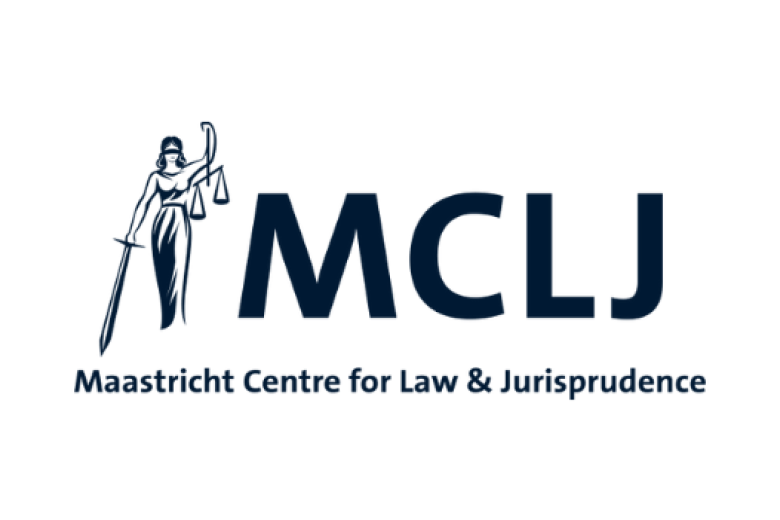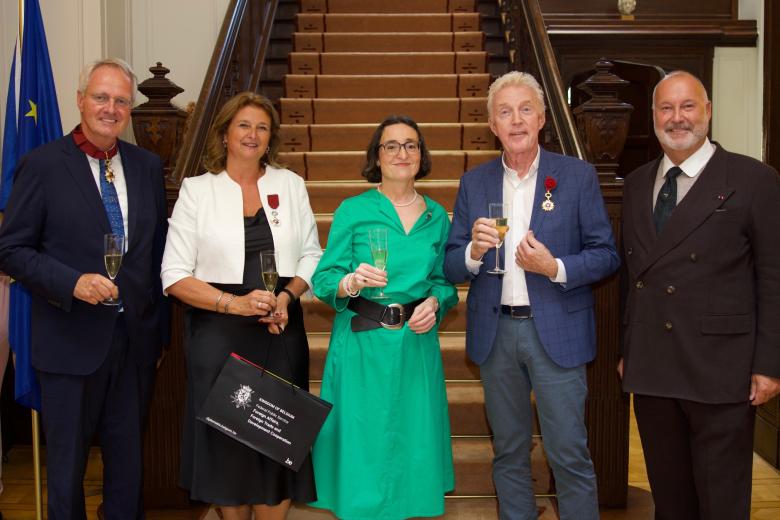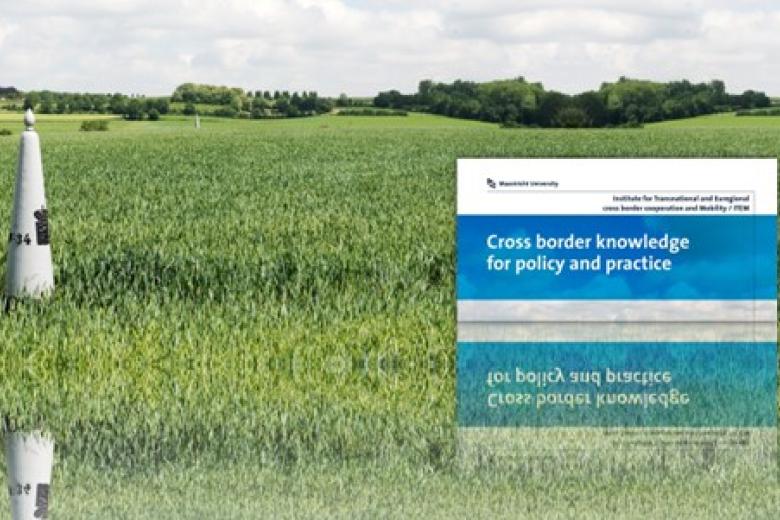How a joint European asylum system could eventually be realised
Can you still remember the picture of the body of a drowned toddler washed up on the Turkish beach? In September 2015, the image of the Syrian child refugee Alan Kurdi shocked the world. Surely things would change for the better now! However, the outcome was disappointing. With a Veni grant, Lilian Tsourdi (Maastricht University) is investigating EU immigration and asylum law in the hope of getting the ball to roll a bit faster.
After the terrible photo of that dear, dead little boy, a deal was struck with Turkey, which worked out badly. The main result is that a growing number of refugees are held back at the Turkish border, whereas those who manage to enter Greece end up being stuck there. Some of them have been waiting for asylum for years. Europe keeps refugees on the Greek islands because, once they are on the mainland, they are no longer eligible for being accepted by Turkey, although in practice, that seldom happens anyway. Despite the urgency and appalling nature of the refugee problem within the EU, a solution is still a dismayingly long way off.
For the full interview with Lilian Tsourdi on her research project, please visit the NWO website.
Also read
-
Symposium VWR-VSR: Vulnerability and the Law – Multidisciplinary Perspectives
On 14 November 2025, the symposium "Vulnerability and the Law: Multidisciplinary Perspectives" will take place in Maastricht.

-
Professor Anouk Bollen-Vandenboorn appointed Knight in the Order of the Crown
Prof. Dr Anouk Bollen-Vandenboorn, Director of the Institute for Transnational and Euregional cross border cooperation and Mobility (ITEM) at the Faculty of Law, Maastricht University, was appointed Knight in the Order of the Crown on 3 July, during a formal ceremony at the Belgian Embassy in The...

-
ITEM continues: Advancing cross-border cooperation and impact
ITEM enters new phase within UM Faculty of Law from 2025.
